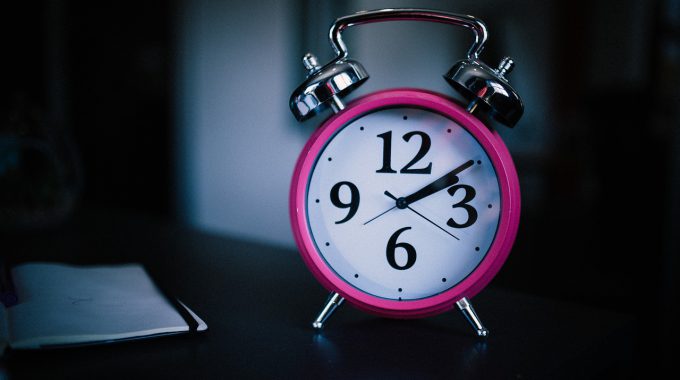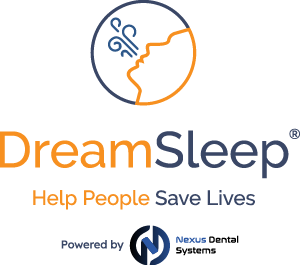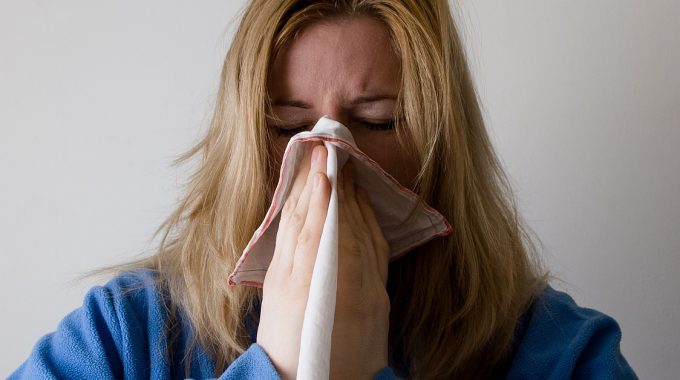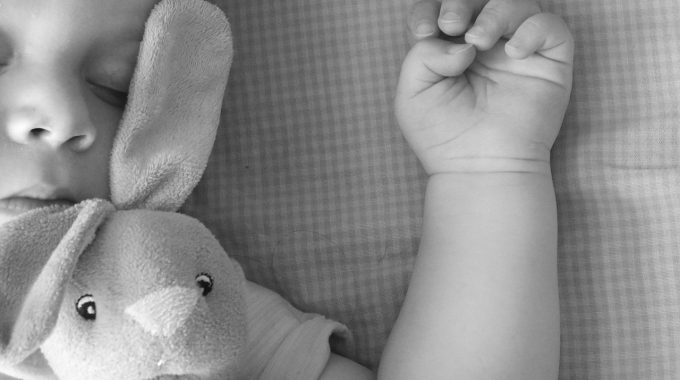Lack of sleep can affect your health in different ways. Severe sleep loss jolts the…

Sleeping is an essential human need. Without it, humans cannot function properly. Just like breathing, eating, drinking and relaxing, sleeping is a basic requirement of humans. It is necessary for the well-being and prosperity of individuals all through their lifetime. Sleep has two units of measurement. These are referred to as quality and quantity of sleep. In other words, these can also be called depth and duration of sleep. The important point here is that both the quality and quantity of sleep must be of a particular level in order to avoid sleep deprivation.
Sleep deprivation is the state of not having enough sleep. It is categorized into two categories; acute and chronic. Acute sleep deprivation refers to curtailed sleep or total lack of sleep for one night or a few nights. Whereas chronic sleep deprivation is the perpetual lack of sleep. It refers to curtailed sleep or lack of sleep for a considerable period of time. Different people have different capacities of sleep. While some need more sleep to avoid sleep deprivation, others can make do with less. Youngsters and teenagers are somewhat more vulnerable to sleep deprivation. Adults are relatively resistant to it. Note that these are not hard and fast rules. There are many exceptions to it.
Following are the causes, symptoms, and effects of sleep deprivation:
There are different factors that can lead to sleep deprivation. These include voluntary, environmental, medicinal and mental causes. Much of the time, the cause is multifactorial as a number of factors combine in order to bring about the lack of sleep.
The voluntary factor, for the most part, occurs when people are unaware of their body requirements. First, they don’t know the amount of sleep that they require and the fact that they also need to sleep well. Sleep well here means the quality of sleep must be good. People consume alcohol and caffeine due to which their sleep is affected. They stay up late due to their hobbies, work, and educational commitments. The environmental factor refers to sleep getting affected by things like loud music in the neighborhood. It can also be due to variation in temperature, lighting, and sounds in the environment which makes it uncomfortable to sleep. The medical causes highlight instances like someone suffering from a disease being unable to sleep. It can also be due to medicine intake by a patient which directly affects the sleep of that individual. Psychological causes include anxiety and depression. All of these factors cause sleep deprivation.
The symptoms of sleep deprivation include exhaustion, depression and lack of motivation. The person yawns and becomes absent-minded. He/she becomes irritable and moody. Their sex life is affected in a negative way and they start consuming more food.
Insufficient sleep can lead to many medical issues including coronary illness, kidney infection, hypertension, diabetes, stroke, depression, and obesity. Sleep deprivation results in human errors. A number of accidents throughout the history have happened due to it. It has adverse effects on the mental and physical aspects of an individual. Not only does it restricts the learning process of a person but also exposes them to potential danger.



 Copyright 2026 -
Dream Sleep - All Rights Reserved
Copyright 2026 -
Dream Sleep - All Rights Reserved